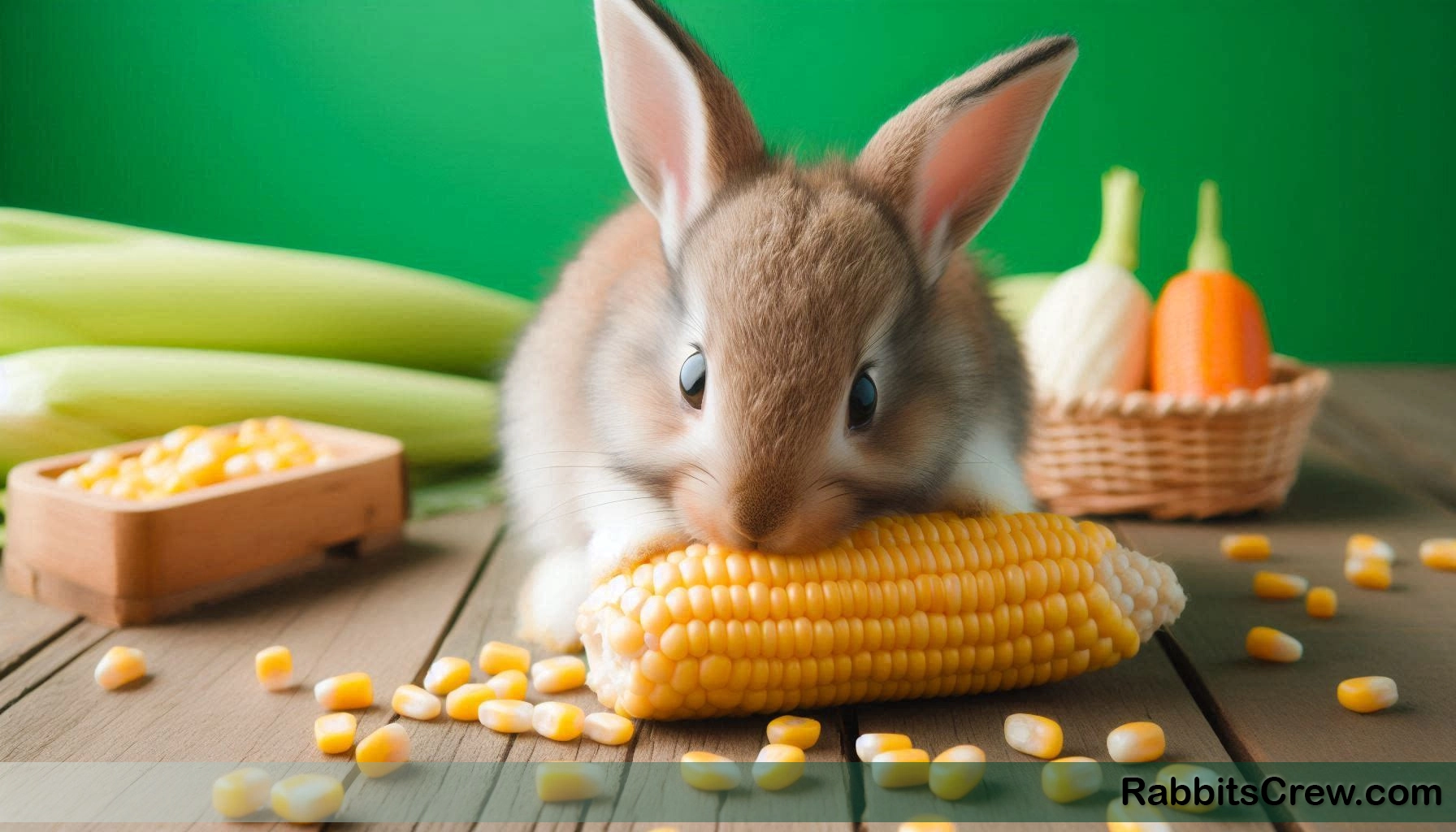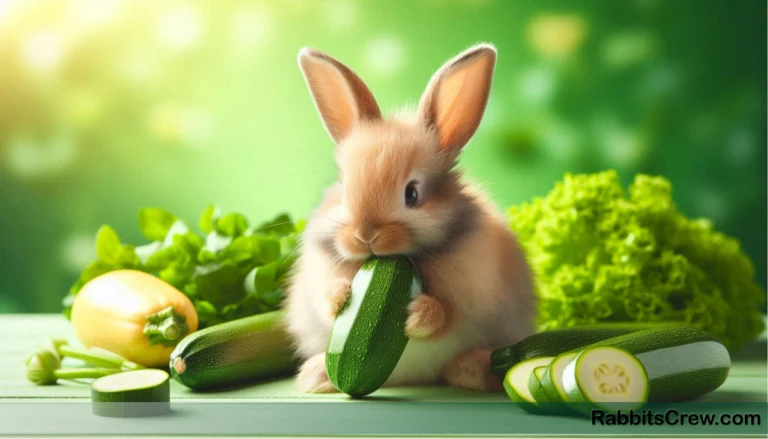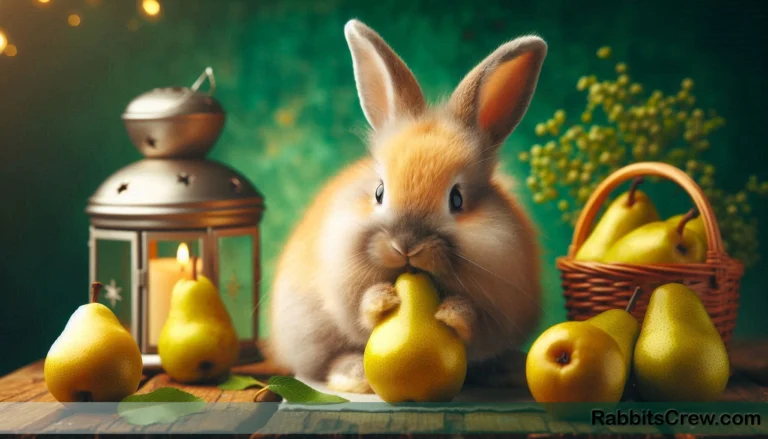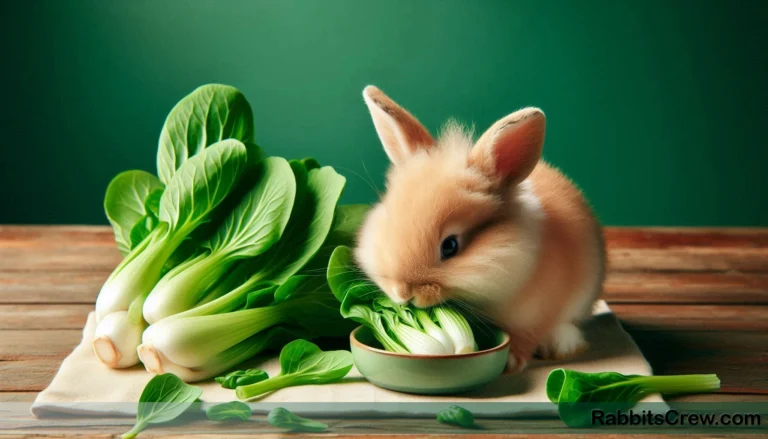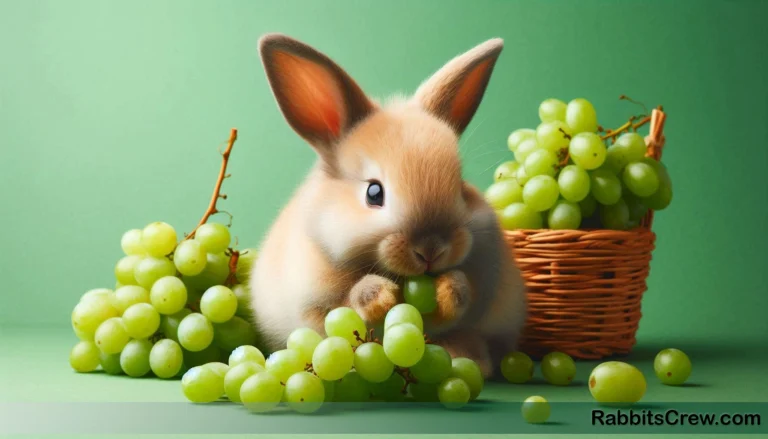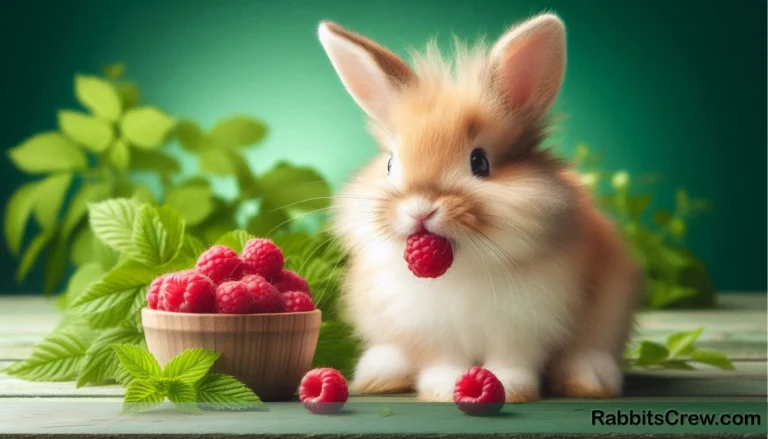Can Rabbits Eat Corn, Husks, Kernels or Leaves? [Answered]
Rabbits can eat corn husks and kernels but avoid leaves. Corn is high in sugar and should be given sparingly as a treat.
Corn is a common food, but rabbit owners need to be cautious about feeding it to their pets. This article explores the safety and nutritional aspects of corn for rabbits. We will cover which parts of the corn plant are safe, the nutritional content, potential health benefits, and risks. Additionally, guidance on how much corn should be fed to rabbits is provided.
Corn Components and Rabbit Safety
| Component | Safe for Rabbits? | Notes |
|---|---|---|
| Corn Kernels | No | Difficult to digest, high starch |
| Corn Husks | Yes | In moderation, as a treat |
| Corn Leaves | Yes | Safe, but should be fresh |
| Corn Stalks | Yes | Can be chewed for fiber |
| Corn Silk | Yes | Safe, but in moderation |
| Corn Roots | No | Not recommended |
| Corn Cobs | No | Risk of intestinal blockage |
| Cornflowers | Yes | Safe, but in moderation |
Can Rabbits Eat Corn?
Corn kernels are not recommended for rabbits due to their high starch content and difficulty in digestion. However, other parts of the corn plant can be offered in moderation.
Nutritional Content of Corn (per 100g)
| Nutrient | Amount |
|---|---|
| Carbohydrates | 19.02 g |
| Protein | 3.22 g |
| Fat | 1.18 g |
| Fiber | 2.7 g |
| Sugar | 6.26 g |
| Vitamin C | 6.8 mg |
| Calcium | 2 mg |
| Iron | 0.52 mg |
Can Rabbits Eat Corn Husks?
Special Note: Ensure corn husks are pesticide-free.
Rabbits can eat corn husks, but they should be fresh and free from pesticides. They can be given as an occasional treat.
Can Rabbits Eat Corn Leaves?
Corn leaves are safe for rabbits and can provide some fiber. They should be fresh and free of pesticides.
Can Rabbits Eat Corn Flakes?
Corn flakes are not suitable for rabbits. They are processed and often contain added sugars and preservatives that are not good for rabbit health.
Can Rabbits Eat Corn Stalks?
Corn stalks are safe for rabbits to chew on and can help with their dental health by providing fiber.
Can Rabbits Eat Corn Kernels?
Corn kernels are not safe for rabbits due to their high starch content, which can cause digestive issues.
Can Rabbits Eat Corn Silk?
Corn silk is safe for rabbits in small amounts and can be given occasionally as a treat.
Special Note: Introduce corn silk slowly to monitor for any adverse reactions.
Can Rabbits Eat Corn on the Cob?
Corn on the cob is not recommended for rabbits. The cob can cause intestinal blockages, and the kernels are hard to digest.
Can Rabbits Eat Cornflowers?
Cornflowers are safe for rabbits to eat in moderation. They can be included as part of a varied diet.
Can Rabbits Enjoy the Sweetness of Corn?
While rabbits may enjoy the sweetness of corn, it is best to avoid feeding them corn due to its high sugar content, which can lead to obesity and other health issues.
How Corn is Beneficial for Rabbits?
Benefits:
– Provides some fiber
– Can be a source of enrichment when given as husks, leaves, or stalks
Is There Any Risk of Feeding Corn to Rabbits?
Risks:
– Digestive issues from high starch content
– Risk of obesity from high sugar content
– Potential for intestinal blockage from cob and kernels
How Corn Should Be Fed to Rabbits?
Corn should be fed sparingly and only certain parts like husks, leaves, stalks, and silk should be offered. Always ensure these parts are fresh and pesticide-free.
How Much Corn Should Be Fed to Rabbits?
Feeding Frequency:
| Corn Part | Daily | Weekly | Monthly |
|---|---|---|---|
| Husks | No | Yes | No |
| Leaves | No | Yes | No |
| Stalks | No | Yes | No |
| Silk | No | Yes | No |
Rabbits can not eat corn kernals due to their high starch content and difficulty in digestion. For more information about other foods rabbits can eat, check out our articles on “Can rabbits eat cucumber?”, or “Can rabbits eat zucchini?”.
In conclusion, while corn isn’t toxic to rabbits, it’s not a recommended food for their diet. Rabbit owners should focus on providing a balanced diet of hay, fresh vegetables, and limited amounts of high-quality pellets. Always consult with a veterinarian before making significant changes to your rabbit’s diet.
